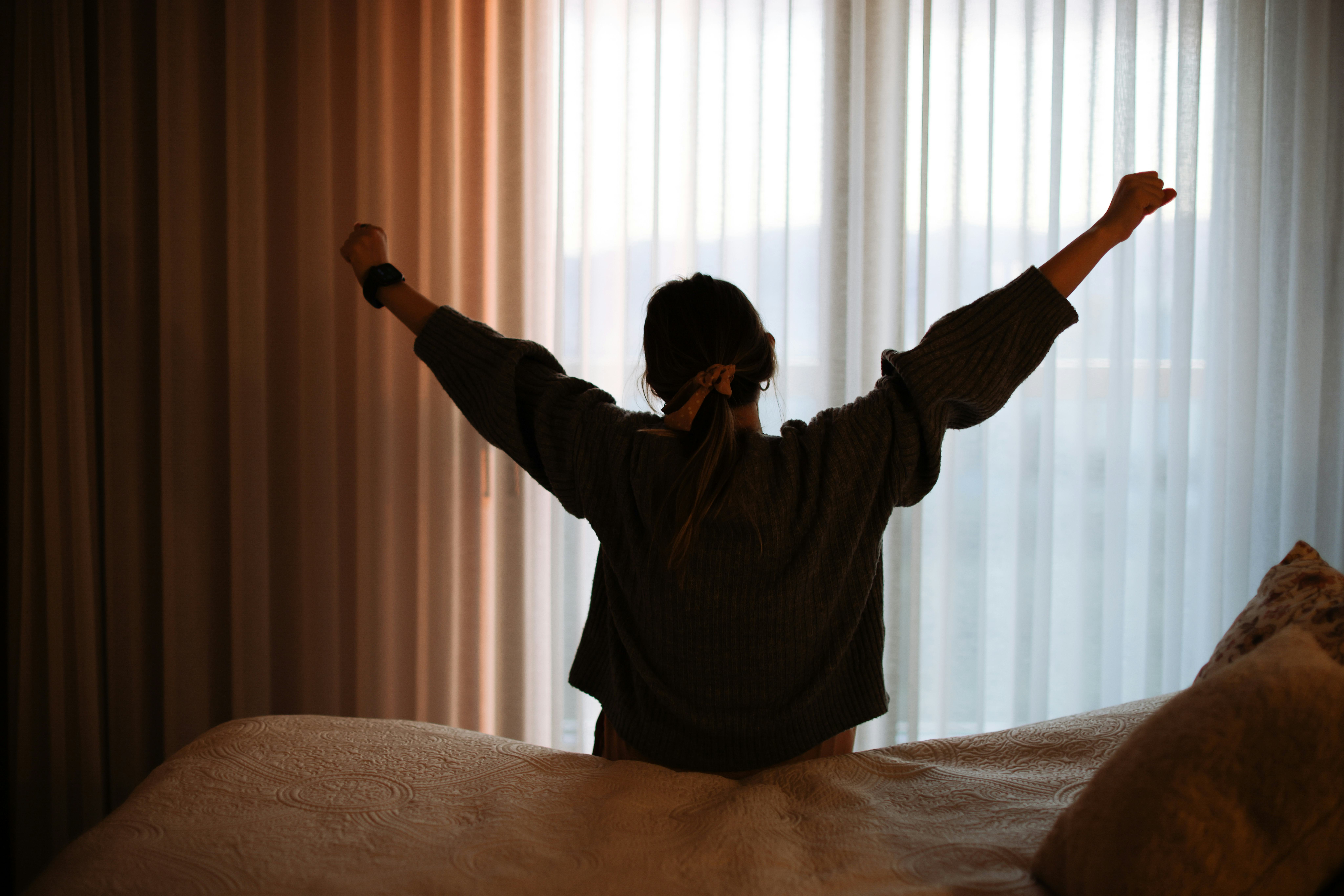
An apple may keep the doctor away, but eight hours a night seems to give your immune system more might, especially when it comes to vaccines. That’s according to a new study published Monday in the journal Current Biology, where an international group of researchers, looking at the results of seven separate studies involving influenza and hepatitis A and B vaccinations, found that sleeping for less than six hours a night reduced the strength of one’s immune response, especially in younger men.
“Good sleep not only amplifies but may also extend the duration of protection of the vaccine,” Eve Van Cauter, the paper’s senior author and professor emeritus at the University of Chicago, said in a press release.
Sleep affects antibody levels
With so much vaccination going on in the world in the last few years, namely because of Covid-19, Cauter and her colleagues wanted to clearly visualize the relationship between shut-eye and one’s antibody response after a jab.
In the seven separate studies they went through, ranging in the last two decades from 2002 to 2020, the researchers compared the antibody response of individuals who had been vaccinated against any of these three viruses — influenza and hepatitis A and B — against sleep duration. Individuals either slept a normal amount, characterized as seven to nine hours by the National Sleep Foundation’s recommendation for healthy adults, or they clocked in less than 6 hours a night.
Cauter and her team also looked at how the antibody response after vaccination differed between men and women and older (aged 65 and over) versus younger adults.
Among these studies, they noticed a trend: Those vaccinated who slept less than six hours didn’t have nearly as high enough antibody levels as those who snoozed away for seven hours or more. The reduction in antibody levels was comparable to the waning of Covid-19 antibodies two months after vaccination.
Oddly enough, the immunological impact of poor sleep appeared to affect men more so than women. In the latter, the throughline between antibody levels and sleep was much more variable, likely because of cyclical fluctuations in sex hormones.
“We know from immunology studies that sex hormones influence the immune system,” Karine Spiegel, lead author and neuroscientist at the French National Institute of Health and Medicine said in a press release. “In women, immunity is influenced by the state of the menstrual cycle, the use of contraceptives, and by menopause and post-menopausal status, but unfortunately, none of the studies that we summarized had any data about sex hormone levels.”
Reduced antibody levels and poor sleep went hand-in-hand if you were over age 65. This isn’t entirely surprising since the older we get, the weaker our immune systems get. On top of that, we tend to sleep much more poorly due to the effects of aging on brain structures like the suprachiasmatic nucleus, which controls our circadian rhythms.
While some of the studies the researchers looked at had participants self-reporting how much they slept versus using more objective measures like coming into a sleep lab, the connection between poor sleep and decreased antibody levels still held although it was far more noticeable and stronger when objective sleep measures were used.
Combine your jab appointment with a good night’s sleep
When it comes to how our lifestyles shape the strength of our immune responses post-vaccination, sleep is just one critical piece of the puzzle. Studies have shown that exercise and your diet can make or break the quality of your antibody response and other weapons of the immune system like T cells, which fight viruses.
Cauter says there’s still much to uncover in the relationship between sleep and the immune system, like how sex differences exactly fit in and how a better understanding of that can guide when the most optimal time to get vaccinated might be. But knowing that all you need to do to get the most bang out of your vaccine buck is sleep? Well, that’s pretty comforting.
“When you see the variability in protection provided by the Covid-19 vaccines — people who have pre-existing conditions are less protected, men are less protected than women, and obese people are less protected than people who don't have obesity,” said Van Cauter. “Those are all factors that an individual person has no control over, but you can modify your sleep.”







